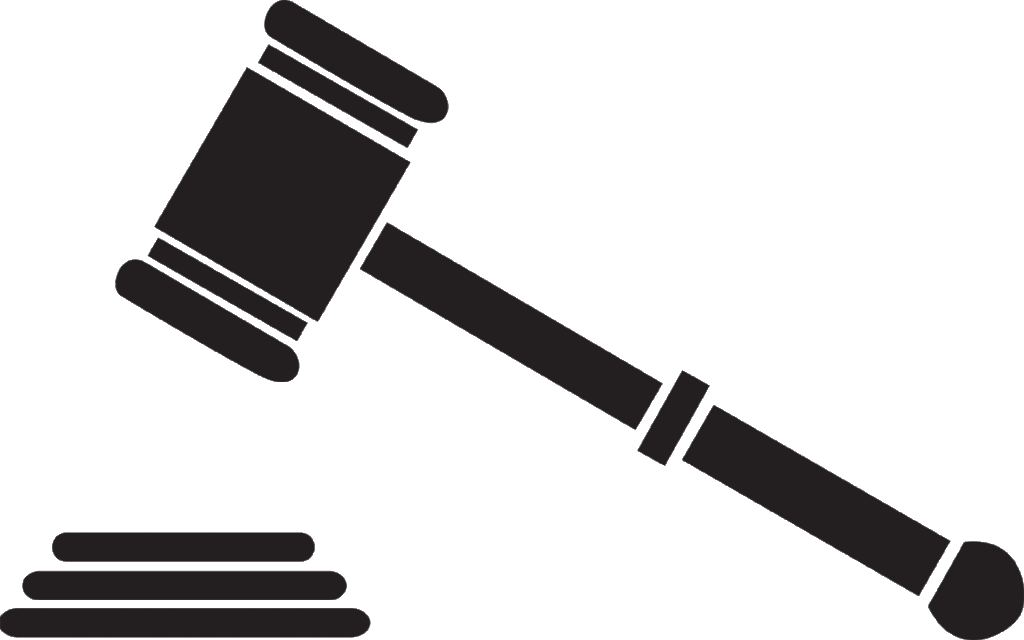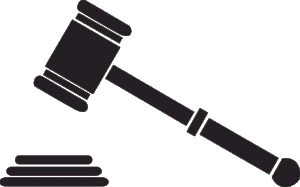
We are Not the Best Judge of Our Own Work
 I think there are times when attempting to judge our own work is detrimental to the process. True, we must be discerning. I am in no way advocating that we sit down and type out the first 60,000 words that pop into our heads, self-publish it and wait for the accolades and zillions of dollars to come pouring in. On the contrary, for me, the worthiness of writing as an endeavor is inextricably bound to self-discovery and evolution. You can always improve your craft as a writer. You can always dig down to another layer of understanding.
I think there are times when attempting to judge our own work is detrimental to the process. True, we must be discerning. I am in no way advocating that we sit down and type out the first 60,000 words that pop into our heads, self-publish it and wait for the accolades and zillions of dollars to come pouring in. On the contrary, for me, the worthiness of writing as an endeavor is inextricably bound to self-discovery and evolution. You can always improve your craft as a writer. You can always dig down to another layer of understanding.
So, there is a place for self-reflection. However, self-judgement—it’s more toxic iteration—is not helpful, in my opinion. Americans in general, and writers in particular, tend to judge ourselves frequently and harshly. That includes our own writing, which occupies the precarious liminal space of being a part of ourselves—our work is not us, exactly, but it is of us, certainly. It is easy to conflate the appraisal of our work with the appraisal of our selves.
In particular, there are two times when judging our writing is detrimental to the process:
Judging a work before it is written is the first stumbling block to our own creativity. We may have an idea for a novel or a short story and before we can make it to our keyboards, the Inner Critic pipes up to let us know that our idea is stupid, it’s been done before, it’s boring, unoriginal, unsophisticated, blah, blah, blah.
If we have learned anything from Joseph Campbell, it is that all great stories—every great myth in every culture studied by modern man—is telling the same story. The Hero’s Journey. That’s what we all purport to want to write here at Agile Writers. Originality is something more nuanced than “this story has never been told before” because the bones of every story are universal. What is unique is our own voice. That, if we learn to trust it, is what will set our work apart.
So the Inner Critic will show up. At least, I haven’t gotten mine to be quiet yet. I just don’t put as much stock in what she has to say anymore. She’s the voice of Fear. And, as the writer Elizabeth Gilbert is fond of saying, “your fear is the most boring thing about you.” The most boring part of myself is probably not the part most capable of creative endeavors.
The second place where the judgment of our own work can impede the process is during the writing/rewriting phases. We write something and immediately reread it and we are incapable of judging its goodness. We can clean it up somewhat, true, we can tweak the language, but the idea is still so fresh in our minds that we are inevitably projecting what we think it says over what it actually says. Our brains will literally trick us into reading words that aren’t even on the page.
It’s better to have distance. Write, correct for grammar and punctuation, make a few changes, but don’t belabor the work right away. Give it space to breathe, show it to your critique partners, sleep on it. Greater clarity and objectivity come with a bit of time. Because time engenders distance. And distance grants perspective. And perspective is the closest we will get to objectivity about our own work.
For now, stay with the work of writing. Anything else is just an obstacle.
Agile Writers, are you good judges of your own work? Do you find self-evaluation useful or detrimental? Does it have an appropriate place and time in the process?